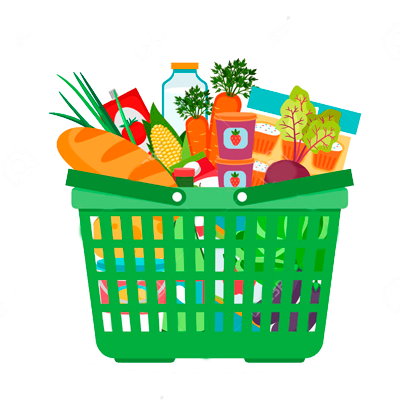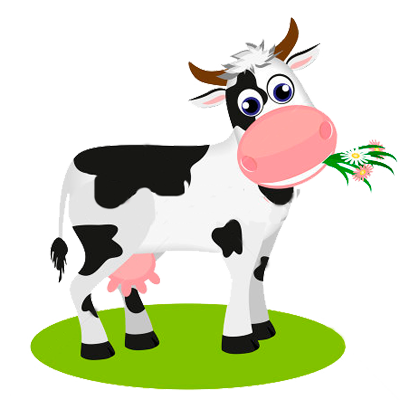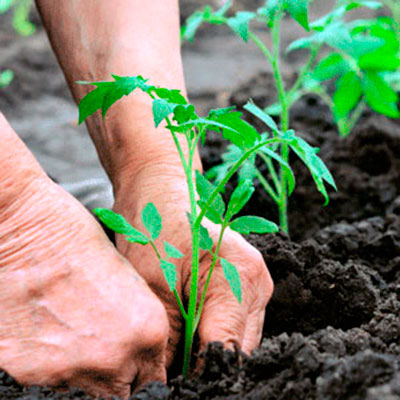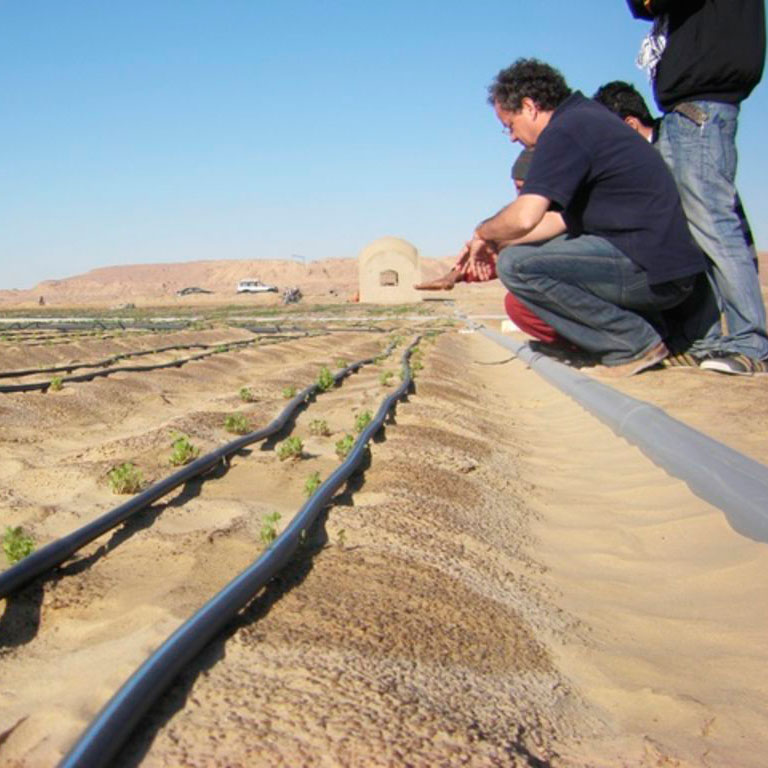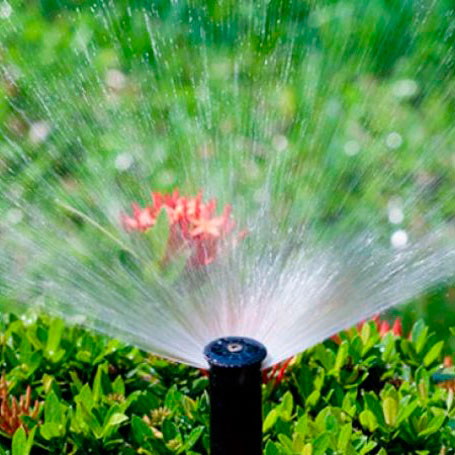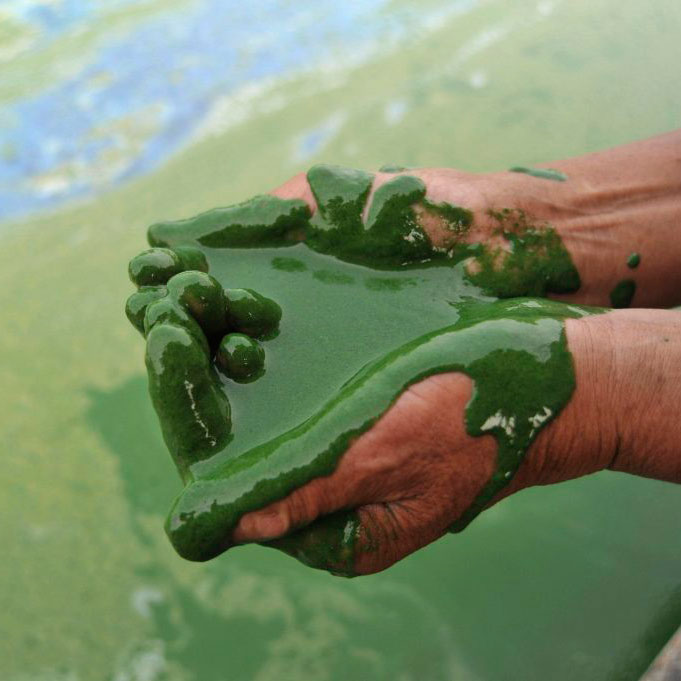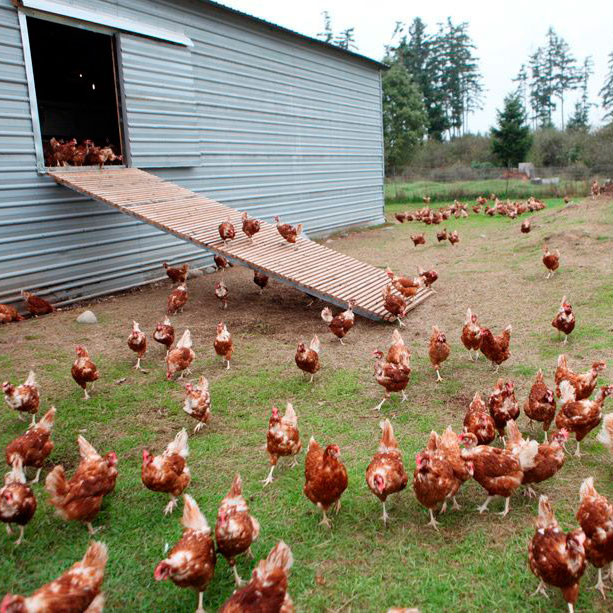Consider Placement and Purpose
 Start with a system. A freestyle approach is presumably not going to prompt achievement. Proficient home sorting out organization, Horderly, utilizes an eleven-advance procedure for each arranging venture. It incorporates some overall standards, including comprehending what things you really have and how you use them.
Start with a system. A freestyle approach is presumably not going to prompt achievement. Proficient home sorting out organization, Horderly, utilizes an eleven-advance procedure for each arranging venture. It incorporates some overall standards, including comprehending what things you really have and how you use them.Tune in to Your Layout
There is nobody size-fits-all answer for sorting out your kitchen cupboards and the basic that live inside every one. Your kitchen design is key in deciding the situation of things that work best for your way of life.
Go Sideways
Some straightforward arranging racks can help keep cookware set up inside your cupboards. The movable dividers permit further pots too. Particular sorts of skillet additionally accompany uncommon contemplations.
Fight the Lids
Tops are an incessant wellspring of turmoil. Making a cabinet explicitly for pot covers or using the bureau entryway by utilizing a glue top coordinator or a bureau entryway top coordinator. On the off chance that you have a profound cabinet that you can store these things, take a stab at utilizing expandable cabinet dividers to stand your covers upstanding. Dinner prep and food stockpiling compartments (and their tops) can be particularly difficult to store.
Sorting out Mixing Bowls, Pie Plates, Small Appliances
Most pie plates and blending bowls are effortlessly settled, sparing space, yet Hord suggests spreading them out on the off chance that you have bigger cupboards. Apparatuses, for example, blenders or espresso processors, alongside their different connections, for example, cutting edges, can live respectively for better productivity. The principle need is to ensure the things you need most are put away helpfully for simple use. Bigger things like stewing pots, broiling dish, or other kitchen things that you just use regularly or once a year can be hidden away high or in a capacity zone like a storm cellar or carport.
Arrange Tools and Dishes
Past pots and skillet, search for approaches to boost space for other kitchen things.
What Not to Store in the Cabinets
Do whatever it takes not to store anything precarious in an upper bureau. For littler things or higher cupboards, consider including canisters inside the cupboards so you can securely and effectively convey a receptacle down to ledge level, recover what you need, and spot the container back where it has a place.
Little Cabinet Solutions
In case you're lacking in bureau space, recall that there are elective stockpiling arrangements. Include crates and use them like extra bureau space or drawers.


